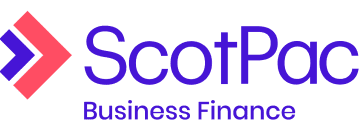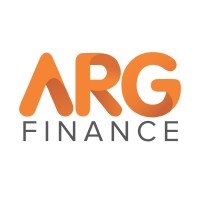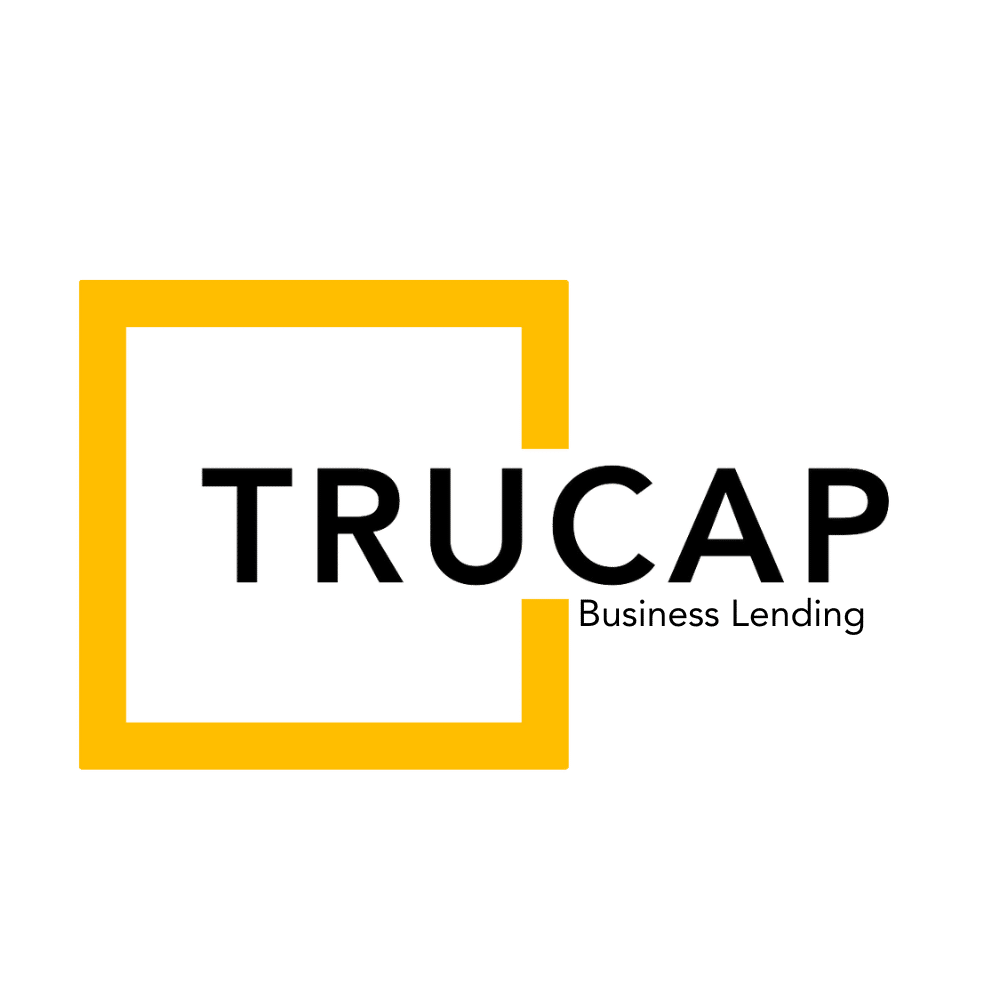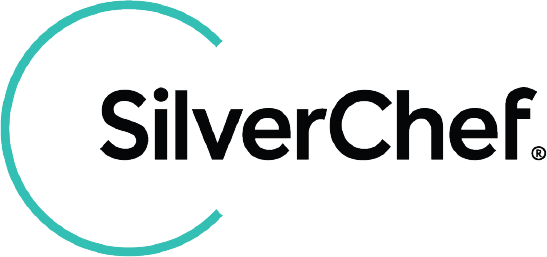Franchising is a major part of business in Australia, which has one of the highest numbers of franchises per capita in the world. The Australian franchise sector includes over 94,000 individual outlets – many of which needed some form of finance to get off the ground.
A franchise loan is a type of business loan designed to help you buy or set up a franchise outlet. It can be used to cover the upfront franchise fee, fit-out costs, equipment, stock or even working capital to get things running.
Because you're buying into an established brand with a proven business model, lenders often see franchise businesses as less risky than startups. That can work in your favour, with franchise loans often offering a smoother approval process and potentially better rates or terms.
What are my franchise loan options?
Secured business loan
A secured business loan is backed by a valuable asset, such as your home, an investment property or, in some cases, the franchise itself. Offering security can help you borrow larger amounts and qualify for lower interest rates. However, if you default on the loan, the asset – including your franchise – could be at risk.
Unsecured business loan
With an unsecured business loan, you don’t need to provide any collateral. That reduces your risk, but increases the lender’s, so you’ll usually face higher interest rates and may be offered a lower borrowing limit.
Low doc business loan
If you don’t have the full financial paperwork required for a standard business loan like recent tax returns or financial statements, a low doc business loan may be an option. These loans typically come with higher interest rates and stricter conditions, and you may not be able to borrow as much.
Bad credit business loan
If your credit score is less than ideal, a bad credit business loan could help you get access the funds you need. While approval can be more challenging, and rates tend to be higher, these loans can give you access to the funds you need if other options aren’t available.
Before you apply, it’s worth comparing your options to find the loan that suits your needs. Interest rates, fees, loan terms and eligibility criteria can vary widely between lenders, so doing your homework can help you save in the long run. With Savvy, you can compare a wide range of business loan options in one place and get help finding a loan that fits your goals and financial situation.
How are franchise loans different from regular business loans?
While franchise loans use the same types of finance as other business purchases, the franchise model brings its own set of advantages and limitations that can affect how your loan is assessed, approved and structured.
Here’s how financing a franchise compares to funding other types of businesses:
| Feature | Franchise loan | Standard business loan |
|---|---|---|
| Business model | Backed by a proven brand with an existing system | Independent business with variable risk and no brand recognition |
| Perceived risk | Lower risk for lenders due to brand and track record | Higher risk, especially for new or unknown businesses |
| Loan-to-value ratio | Often 50–70%, sometimes up to 100% with strong security | A minimum 30% deposit is often required unless the business is well-established |
| Loan terms | May be tied to franchise agreement or lease term (e.g. 5–10 years) | Can be longer or more flexible depending on business and assets |
| Franchise restrictions | May only be available for approved franchise brands | No brand restrictions |
| Additional costs | Establishment fees, royalties, ongoing franchise fees, training costs | Fewer brand-related ongoing costs, but may include setup and licensing fees |
| Lender assessment | Based on both your financials and the franchise’s performance/reputation | Based primarily on your financials and business plan |
Why apply for a business loan with Savvy?
Expert brokers
You can speak with one of our specialist commercial brokers who can walk you through a range of loans to best suit your company's needs.
Over 40 lending partners
You can compare business loan offers, through a range of trusted lenders, maximising your chances of a great rate.
Fast online process
You can fill out our simple online form to generate a free business finance quote within minutes. You can also come back to it at any time.
What types of franchises can I buy with a business loan?
Franchises come in all shapes and sizes – from global giants like Subway, McDonald’s and KFC, to large Australian brands like Jim’s Group and Boost, and even smaller local businesses – spanning industries such as fast food, health and fitness, beauty and retail.
When it comes to buying a franchise, there are generally two paths you can take:
- Buying an established franchise
- Setting up a new franchise location
Buying an established franchise often makes lenders more comfortable because the business has a financial track record. In this case, lenders will usually want to review the business’s financials, such as tax returns, profit and loss statements, and bank records from the past two to three years. This helps them assess the ongoing viability and risks of the business.
Setting up a new franchise works a little differently. Since there’s no existing financial history, lenders focus more on the strength of your business plan, your projected cash flow and your personal experience. The better your plan and background, the more confident a lender can be in your ability to make the franchise succeed. However, because new franchises carry more uncertainty, loans may come with higher interest rates or lower borrowing limits compared to established franchises.
How much can I borrow to buy a franchise?
Franchise costs vary widely depending on the brand, size and whether you’re buying into an existing outlet or starting fresh. Some smaller franchises can cost as little as a few thousand dollars, while larger, more complex operations may cost hundreds of thousands of dollars or more. For example, buying into a Jim’s Mowing franchise typically requires an investment of $20,000 to $50,000, while a McDonald’s franchise can cost between $4 and $12 million, with an initial investment of at least $1.5 million in unencumbered funds.
You’ll also need to factor in the extra costs that come with buying a franchise such as establishment fees, royalties, equipment, stock and fit-out costs, and staff training fees. Subway, for instance, estimates equipment to cost from $135,000 and opening inventory from $8,000.
How much you can borrow depends on your lender, your financial position and whether you’re offering any security. As a guide, you can generally get:
- 50% to 70% of the value of an existing franchise
- Up to 65% for new franchise locations
- Up to 100%, in some cases, if you offer residential or commercial property as security
In most cases, lenders will expect you to contribute a deposit of 30% to 50%, particularly for unsecured loans or new franchise setups.
Below are examples of what different franchise loans might look like for three popular brands, based on borrowing 50% of the franchise cost.

| Franchise cost | Loan | Loan type | Loan term | Interest rate | Monthly repayment* |
|---|---|---|---|---|---|
| $4 million | $2 million | Secured business loan | 20 years | 6% p.a. | $14,329 |
|
$4 million |
|
$2 million |
|
Secured business loan |
|
20 years |
|
6% p.a. |
|
$14,329 |
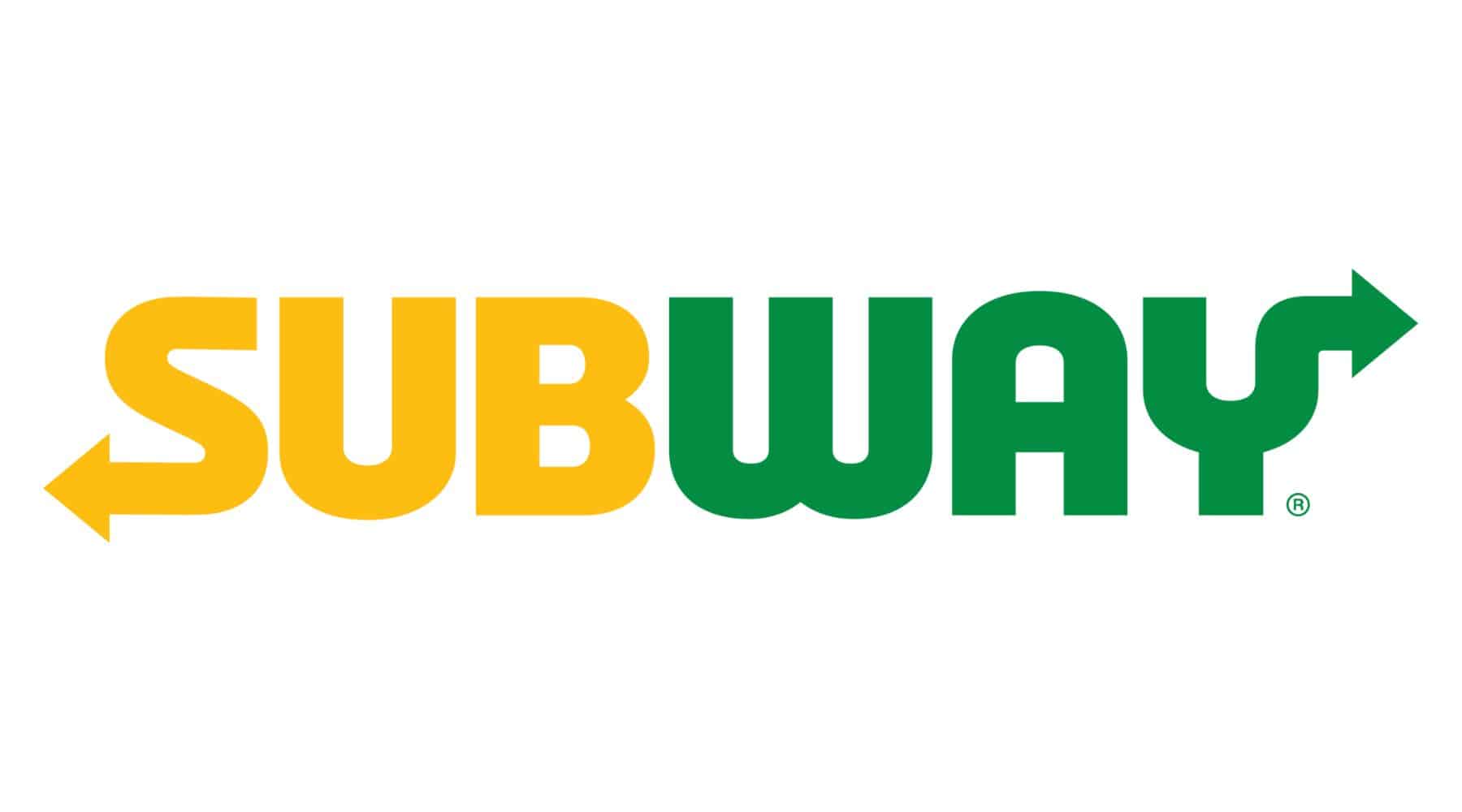
| Franchise cost | Loan | Loan type | Loan term | Interest rate | Monthly repayment* |
|---|---|---|---|---|---|
| $228,000 | $114,000 | Secured business loan | 10 years | 7.5% p.a. | $1,353 |
|
$228,000 |
|
$114,000 |
|
Secured business loan |
|
10 years |
|
7.5% p.a. |
|
$1,353 |
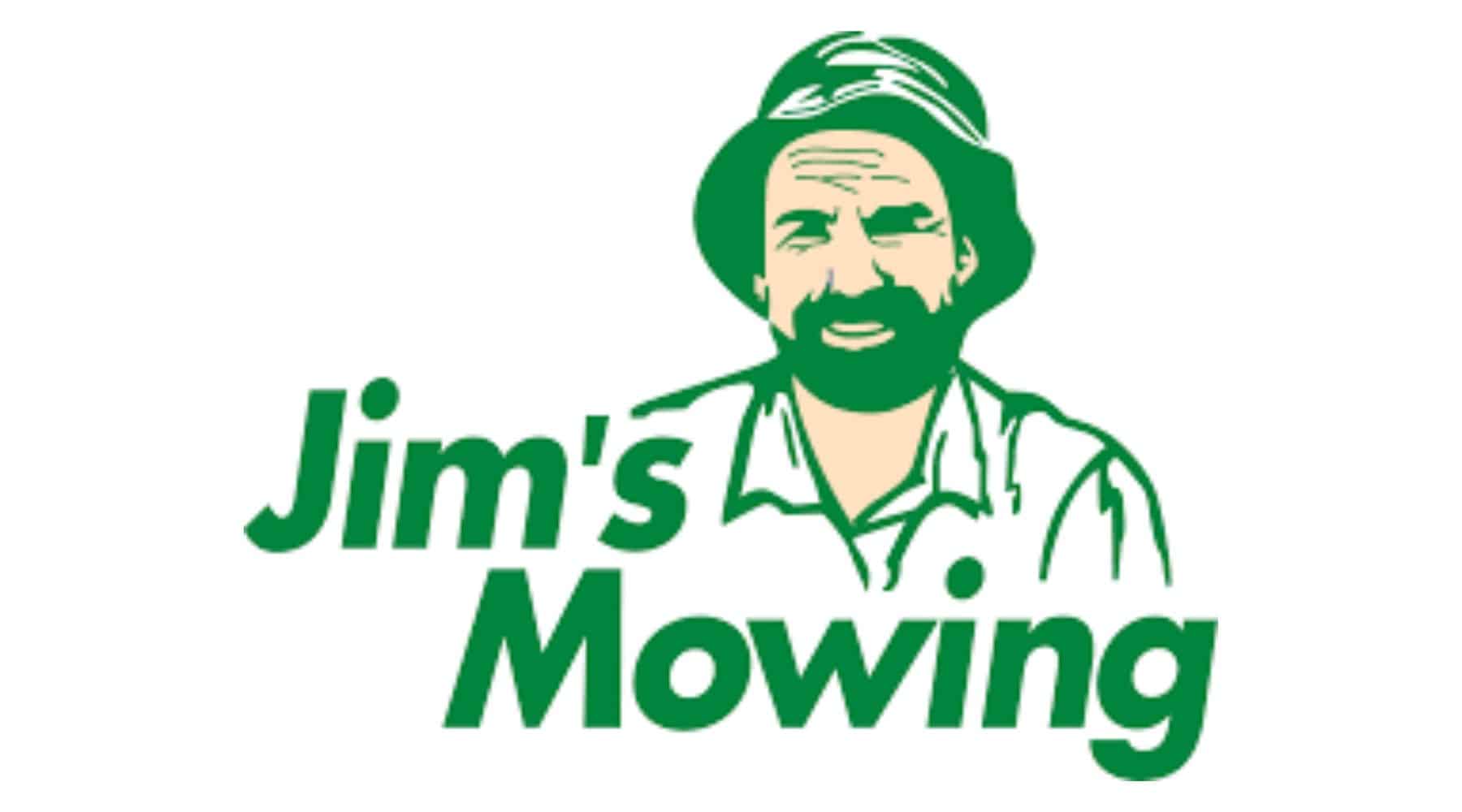
| Franchise cost | Loan | Loan type | Loan term | Interest rate | Monthly repayment* |
|---|---|---|---|---|---|
| $20,000 | $10,000 | Unsecured business loan | 5 years | 12% p.a. | $193 |
|
$20,000 |
|
$10,000 |
|
Unsecured business loan |
|
5 years |
|
12% p.a. |
|
$193 |
* Monthly repayment estimates include principal and interest. Interest costs on business loans may be tax-deductible.
What to consider before buying a franchise
Before you commit, it’s important to thoroughly review the franchise opportunity. This includes checking the franchisor’s financial health, visiting the premises, speaking with other franchisees to understand their experiences and understanding all fees involved.
In Australia, franchising is also governed by the Franchising Code of Conduct, which outlines the rights and responsibilities of both franchisors and franchisees. It’s enforced by the Australian Competition and Consumer Commission (ACCC) and is designed to ensure transparency and fairness throughout the franchising relationship – so it’s worth getting familiar with the Code before signing any agreement.
Pros and cons of buying a franchise with a business loan
Pros
-
Established brand
With a franchise, you’re purchasing a brand that’s already well recognised and often very popular. You don’t need to build brand awareness, as you already start with it.
-
Wide customer base
The brand you’re buying into doesn’t have to be a local name – franchises can potentially be popular nationwide. This means your market is much wider than locals who know you, so visitors from other regions or even other states will know and appreciate your brand on sight.
-
Marketing and advertising
With a franchise, the majority of the marketing is already done for you, often including things like television campaigns that might be well out of reach for an independent business. These marketing costs are often included as part of the franchise fee and you generally get a lot of value for money from that investment.
-
Staff training
Generally the franchise will have its own training program for staff, which is often handled by the central office. On top of this, if key staff leave, it’s usually less disruptive because franchises have standardised training programs. You may even be able to recruit experienced staff from other franchise outlets who already know how the business operates.
Cons
-
Less control
Many people buying a business do so hoping to build something uniquely theirs, or see some idea realised. With a franchise, you often don’t have much control how the store runs or what you’re selling – you're working with someone else’s vision.
-
Substantial franchise fees
Franchise fees cen be substantial – often tens of thousands of dollars annually, or more. You don’t get the option of cutting back on advertising for a little while when things are tight, either.
-
Detailed requirements
Franchise businesses will generally have very strictly-defined models of how they’re set up and how they operate. There’s a lot of work involved in understanding all these requirements and ensuring customers walking into your franchise are getting the experience they expect.
-
Single business model
Franchises generally have a single, one-size-fits-all business model that works in many – but not necessarily all – situations. You don’t have much flexibility to adapt your business model if it’s no longer working well for your business’ situation.
How to apply for a franchise loan with Savvy
-
Find your franchise
Research your options then agree on a price with the franchisor or seller.
-
Apply through Savvy
We'll review your application and match you with a suitable lender.
-
Prepare your documents
Have your ID, ABN, business financials and plan ready before applying.
-
Submit your application
We’ll lodge your application with the lender and guide you through approval.
-
Sign and settle
We’ll handle settlement and your funds will be released!
- Australia Country Commercial Guide - International Trade Administration
- About - Franchise Council of Australia
- How do franchising fees work? - Jim's Group
- McDonald's Australia Franchising Overview - McDonald's
- Franchising and tax - Australian Taxation Office
- Your Future. Own It. - Subway
- Franchising Code of Conduct - Australian Competition & Consumer Commission









